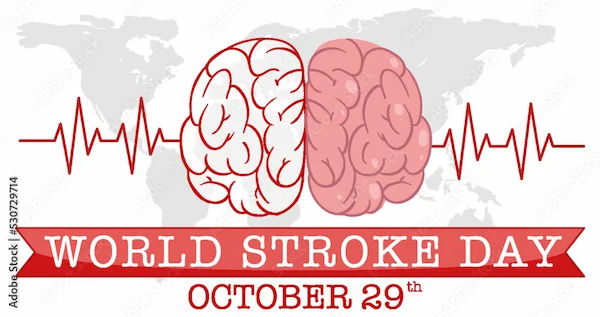- Male
- 74 Years
- 22/01/2025
I'm concerned after seeing something on my dad's ECG report that mentioned diastolic dysfunction. He had a heart attack back in 2006 but hasn't had any problems for 11 years. Should we be worried about this diastolic dysfunction showing up now? What does it really mean for his heart health moving forward, especially given his heart history?
Answered by 1 Apollo Doctors
The ECG report indicating diastolic dysfunction in a patient with a history of a heart attack in 2006 is concerning, despite the absence of recent issues. Diastolic dysfunction refers to abnormalities in the heart's relaxation phase, which can lead to impaired filling of the heart chambers. To address this, it is important to manage the underlying heart condition effectively. In this case, prescribing medications such as ACE inhibitors like Lisinopril or ARBs like Losartan can help improve diastolic function and reduce the risk of further complications. Additionally, beta-blockers such as Metoprolol can be beneficial in managing heart conditions and improving overall heart function. Regular follow-ups with a cardiologist are essential to monitor the heart's health and adjust the treatment plan as needed.
Dr. Dhankecha Suggests...
Consult a Cardiologist
Answered 04/07/2025
0
0

More Cardiology Health Queries
View allI'm experiencing chest tightness for the past three days, and I also have shortness of breath at night. Could these be symptoms of COVID? I'm really worried about this, and I'm not sure what I should do. Can you help?
Ecg and x-ray chest pa view is advised to the patient.
Answered by 1 Apollo Doctors
I'm feeling a bit worried because there's this pain in my left side, near my chest. It almost feels like there's something sitting there. Should I be concerned about this?
ecg and cardiac makers is advised.
Answered by 1 Apollo Doctors
I'm a bit concerned because I've been experiencing a fast heartbeat after I climb stairs or if I'm walking in the sun for just about 10 minutes. Even while cleaning a room, my heart rate seems to go up rapidly. I'm 20 years old, weigh about 65 kg, and I'm 5.4 inches tall. Could you tell me what might be going on?
A fast heart rate after climbing stairs or walking in the sunlight is often due to your body's increased demand for oxygen during physical activity: Climbing stairs: When you climb stairs, your heart works harder to pump blood to your muscles, which increases your heart rate. This is called sinus tachycardia, which is a symptom, not a condition. Sunlight: Physical activity can cause your heart rate to increase.
Answered by 1 Apollo Doctors
Disclaimer: Answers on Apollo 247 are not intended to replace your doctor advice. Always seek help of a professional doctor in case of an medical emergency or ailment.





